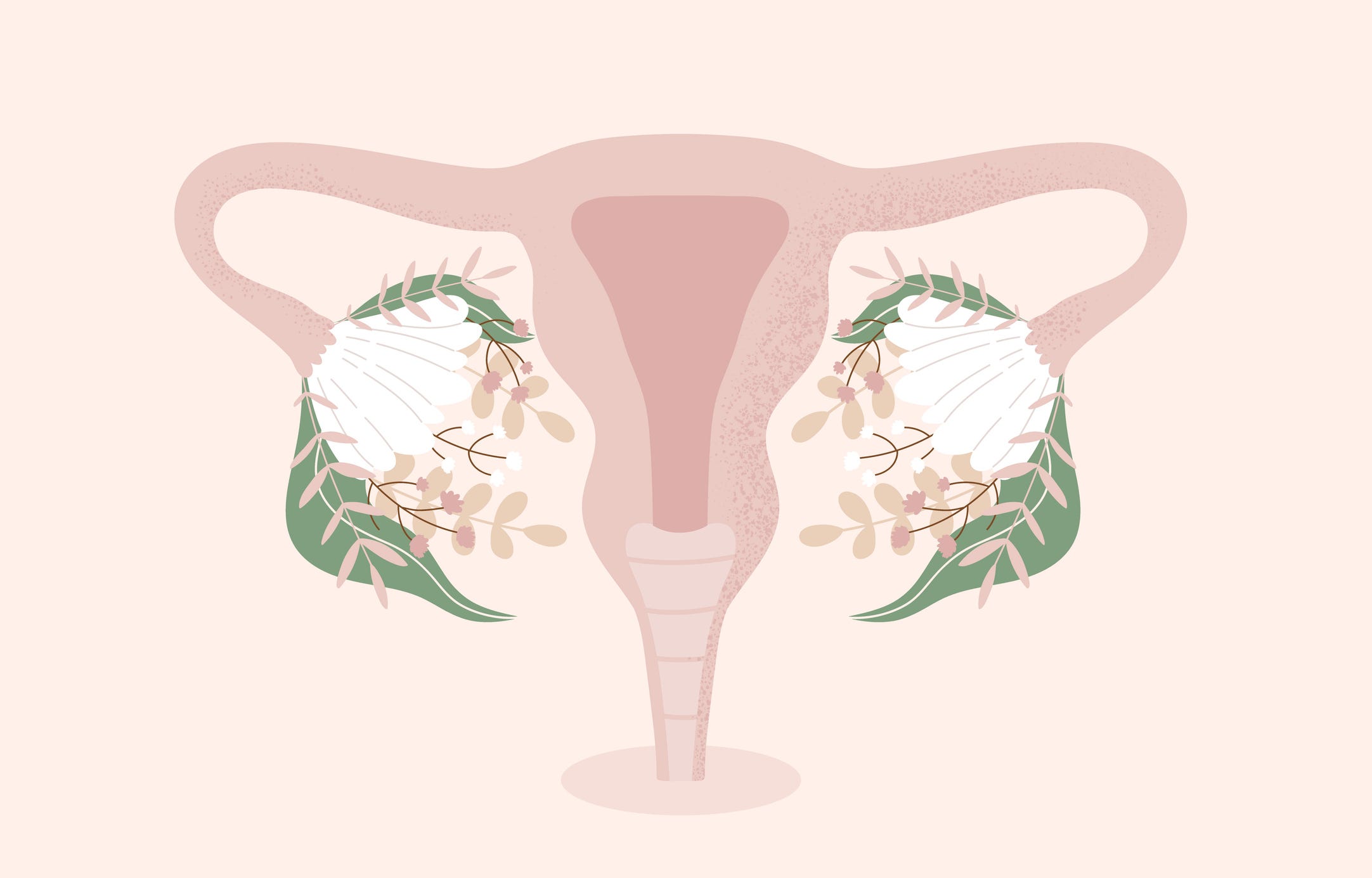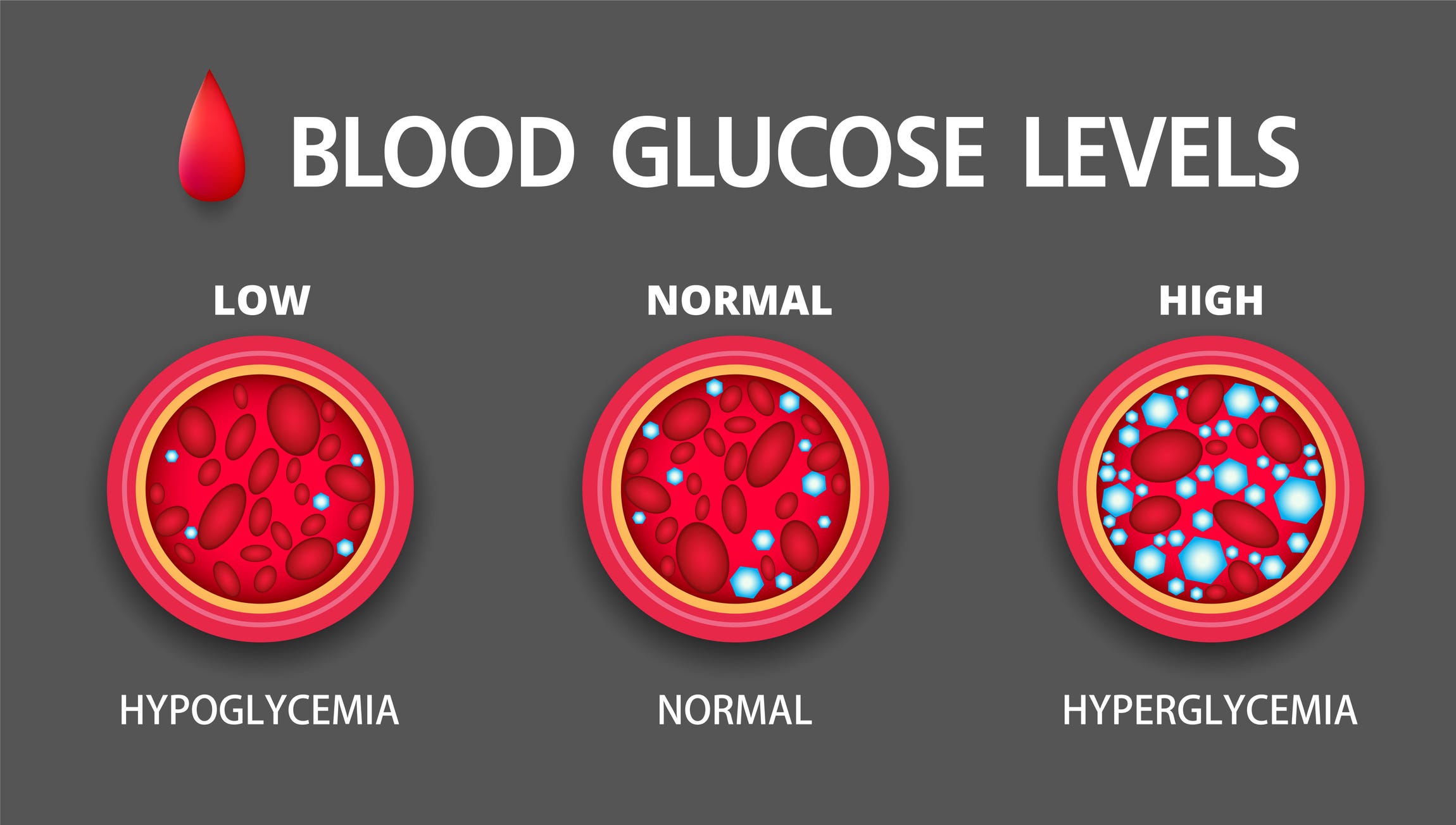
Is It Safe to Take Supplements Daily?
From multivitamins and fish oil to magnesium, probiotics, and botanical blends, dietary supplements are now part of daily routines for millions of people. But with so many options and mixed messaging from the media, one common question arises: is it actually safe to take supplements every day?
While supplements may offer support in filling nutritional gaps, they are not without limitations or potential risks—especially if used without professional guidance. Factors like nutrient dosage, interactions with medications, and personal health status all play a role in determining whether daily use is appropriate.
This guide explores what the science says about daily supplementation, how to approach it safely, and when a supplement may be supportive versus unnecessary. Whether you're taking a daily multivitamin or a targeted product for energy, digestion, or sleep, understanding how to use supplements responsibly is key to getting the most out of them—without unwanted side effects.
Table of Contents
- Why Do People Take Supplements Every Day?
- Are Daily Supplements Necessary for Everyone?
- What Does the Research Say About Daily Use?
- Can Taking Supplements Daily Be Harmful?
- Who May Benefit from Daily Supplementation?
- How to Take Supplements Safely Every Day
- Frequently Asked Questions
- Conclusion and Key Takeaways
- References
1. Why Do People Take Supplements Every Day?
For many, taking a supplement each day has become second nature—a health habit that feels as routine as brushing their teeth. A daily multivitamin or targeted formula may seem like a proactive step toward better wellness, especially when diet or lifestyle habits are inconsistent.
Some take supplements as “nutritional insurance” to help fill perceived gaps in their diet, while others rely on them for specific goals such as supporting energy, sleep, focus, immunity, or joint comfort. Popular choices for daily use include vitamin D, B-complex, magnesium, probiotics, omega-3s, and antioxidant blends.
The accessibility of over-the-counter supplements, combined with widespread marketing and influencer recommendations, has fueled the perception that “more is better” when it comes to nutrients. However, not all supplements are needed—or helpful—when taken daily, and some may even carry risks if overused or misused.
Understanding your personal nutritional needs and health goals is the first step in deciding if daily use makes sense. In the next section, we’ll break down whether supplements are truly necessary for everyone—or only helpful in specific cases.
2. Are Daily Supplements Necessary for Everyone?
Daily supplements may be helpful in specific circumstances, but they aren’t automatically necessary for everyone. For individuals who eat a varied, whole-food-based diet and are free from nutrient absorption issues, daily supplementation may not offer additional measurable benefits. In many cases, nutrients can—and should—be obtained from food first.
Foods offer more than just isolated nutrients. They provide fiber, enzymes, antioxidants, and thousands of plant compounds that work synergistically to support health. Supplements, by contrast, typically provide a narrow spectrum of nutrients in concentrated form. They can help fill gaps, but they can’t fully replicate what real food delivers.
That said, modern diets often fall short of providing recommended daily amounts of certain nutrients—particularly vitamin D, magnesium, omega-3 fatty acids, and potassium. Processed foods, limited sun exposure, and certain dietary patterns (like veganism) can all contribute to these shortfalls. In such cases, daily supplementation may help support overall nutrient sufficiency.
The key is personal relevance. Supplements should be used to support specific needs—not as a blanket solution. For example, a vegan may benefit from daily B12, while someone living in a northern climate may need vitamin D during the winter months. But a healthy individual with no deficiencies may not benefit from daily multivitamin use and could save money by focusing on food instead.
3. What Does the Research Say About Daily Use?
Scientific findings on the long-term benefits of daily supplements are mixed. Large studies, including the Physicians’ Health Study II, suggest that daily multivitamin use may have a modest benefit in reducing cancer risk and slowing the development of age-related eye conditions. However, other studies have found that many common supplements—such as vitamin C, calcium, and vitamin D—do not significantly lower the risk of chronic disease in the general population.
Some researchers propose that the benefits of supplements may not be captured in population-level studies due to individual variability. In other words, a supplement might offer meaningful support for one person—based on their genetics, gut health, diet, or lifestyle—but not for someone else. This highlights the need for personalization in supplementation strategy.
There’s also a psychological element to consider. Many users report feeling better when taking supplements daily—not necessarily because the product delivers a measurable physiological effect, but because it reinforces positive health behaviors. This placebo-like benefit shouldn't be dismissed, but it also shouldn’t be confused with proven efficacy.
Ultimately, research supports the use of daily supplements for people with identified nutrient gaps, restricted diets, or elevated nutrient needs. For healthy individuals without deficiencies, the benefits are likely minimal. Still, targeted daily use may make sense for those seeking additional support—when guided by research, not trends.
4. Can Taking Supplements Daily Be Harmful?
While many supplements are safe when used as directed, taking them daily—especially in high doses or without professional oversight—can introduce risks. Some nutrients can build up in the body over time, potentially leading to unwanted side effects or interactions with medications.
Over-supplementation is one of the most common concerns. Fat-soluble vitamins like A, D, E, and K are stored in the body, meaning they can accumulate if taken in excess. For example, too much vitamin A may contribute to liver stress or bone issues, while high doses of vitamin E have been linked to an increased risk of bleeding in certain individuals.
Vitamin and mineral interactions also matter. High amounts of calcium may interfere with iron absorption, and too much zinc can disrupt copper balance. Similarly, vitamin K may interfere with blood-thinning medications, and large doses of vitamin B6 taken for prolonged periods have been associated with nerve-related symptoms in some cases.
Another issue is product inconsistency. Since dietary supplements are not regulated like drugs, their potency and purity can vary. Without third-party testing, it’s hard to know whether a product contains the claimed ingredients in the correct amounts—or if it's contaminated with unwanted compounds.
Some ingredients, particularly in herbal or “natural” formulas, may interact with prescription medications or influence lab test results. For instance, St. John’s wort can affect antidepressants and oral contraceptives, while biotin may interfere with certain blood tests used to evaluate heart function.
The takeaway: daily supplementation should not be approached casually. Just because a product is available without a prescription doesn't mean it's free from risk—especially when used long-term or in combination with other products. Consulting a healthcare professional is the best way to reduce unnecessary exposure and make informed choices.
5. Who May Benefit from Daily Supplementation?
While not everyone requires supplements every day, there are specific groups for whom daily use may be highly beneficial. These include individuals with higher nutrient demands, limited dietary intake, or difficulty absorbing certain nutrients from food. In such cases, supplements can play a supportive role in helping maintain overall wellness and nutrient sufficiency.
Older adults: As we age, the body’s ability to absorb and utilize nutrients often declines. For example, vitamin B12 absorption tends to decrease with age, and vitamin D synthesis from sunlight becomes less efficient. Daily supplementation with B12, vitamin D, and calcium may help support bone and cognitive health in older populations.
Pregnant and breastfeeding women: Nutritional needs rise significantly during pregnancy and lactation. Folic acid, iron, iodine, and omega-3s are commonly recommended during these stages to help support fetal development and maternal health. Daily prenatal supplements are often prescribed as a standard preventive measure.
People with restrictive diets: Those following vegan or vegetarian diets may benefit from daily B12, iron, zinc, and DHA supplementation, as these nutrients are less abundant—or less bioavailable—from plant-based sources. Additionally, individuals with food allergies or limited access to fresh foods may require support for consistent micronutrient intake.
People with digestive or malabsorptive conditions: Individuals with celiac disease, Crohn’s disease, ulcerative colitis, or those who’ve had bariatric surgery may have difficulty absorbing nutrients from food. In these cases, daily supplementation may help support digestive and systemic function.
People with diagnosed deficiencies: If bloodwork reveals low levels of key nutrients—such as vitamin D, iron, or magnesium—daily supplementation may help restore balance over time. These should be used under the guidance of a healthcare professional, based on lab values and monitored progress.
Ultimately, the decision to take supplements daily should be tailored to your individual circumstances. Personalized care and regular assessment are the best tools for determining what your body truly needs—and how to support it safely over time.
7. Frequently Asked Questions
Is it safe to take a multivitamin every day?
For most healthy adults, taking a standard multivitamin daily is generally considered safe—especially when taken at or below 100% of the recommended daily value. However, if you're already getting enough of certain nutrients from your diet, adding more through supplements may be unnecessary. Avoid multivitamins that exceed safe upper limits for fat-soluble vitamins or minerals like iron unless directed by a healthcare provider.
Can taking supplements every day cause side effects?
Yes, especially if taken in high doses or without monitoring. For example, high amounts of vitamin B6 over extended periods may be associated with nerve-related symptoms, while too much vitamin D or calcium could affect kidney health. Always follow label directions and consult a professional when adding new supplements to your routine.
Do supplements lose effectiveness if taken long-term?
Some nutrients may be more effective when used consistently, while others may not be needed long-term unless there's a diagnosed deficiency. The key is to evaluate your needs periodically—what’s helpful during one season of life may not be necessary in another. Blood testing can help guide decisions around long-term use.
What’s the best time of day to take supplements?
It depends on the type. B-complex vitamins are often taken in the morning to support energy, while magnesium or calming herbs may be taken at night. Fat-soluble vitamins (A, D, E, K) are best absorbed with meals that contain healthy fats. Always check the label for specific instructions.
Should I stop taking supplements if I start eating healthier?
A nutrient-dense diet is always the foundation of good health, but supplements can still offer targeted support in some situations. If your diet has improved, it’s worth reassessing your supplement routine with a healthcare provider to determine if adjustments or reductions are appropriate.
How do I know if I’m taking too many supplements?
If you’re regularly taking multiple products with overlapping nutrients, or you’re unsure why you’re taking certain formulas, it may be time to simplify. Overlapping ingredients can lead to excess intake—particularly for fat-soluble vitamins or minerals. Keep a list of all supplements you take and review it with a health professional periodically.
8. Conclusion and Key Takeaways
Daily supplements can play a helpful role in supporting wellness—but they’re not a one-size-fits-all solution. While some individuals benefit from routine supplementation, others may find that a balanced, nutrient-rich diet provides all the support they need. Safety, effectiveness, and relevance depend on the type of supplement, dosage, duration, and personal health status.
Whether you're considering a daily multivitamin or specific nutrients like vitamin D, magnesium, or omega-3s, it’s important to choose products wisely, follow label instructions, and regularly reassess your needs. When in doubt, work with a qualified healthcare provider who can help personalize your approach using lab results, dietary assessment, and your overall health goals.
Key Takeaways
- Not everyone needs to take supplements daily—use depends on diet, age, health conditions, and nutrient status
- Over-supplementation can lead to side effects or nutrient imbalances, especially with fat-soluble vitamins
- Choose products with clear labels, third-party testing, and clinically relevant dosages
- Whole foods should remain the primary source of nutrition whenever possible
- Consult a healthcare provider before starting or stopping supplements—especially if you take medications
Disclaimer
These statements have not been evaluated by the Food and Drug Administration. This content is not intended to diagnose, treat, cure, or prevent any disease.
9. References
- Harvard Health. Do You Need a Daily Supplement?
- NIH Office of Dietary Supplements. Fact Sheets for Health Professionals.
- Fortmann, S. P., et al. (2013). Vitamin and Mineral Supplements in the Primary Prevention of Chronic Disease. Annals of Internal Medicine.
- NCCIH. Using Dietary Supplements Wisely.
- U.S. Food and Drug Administration. Dietary Supplement Overview.
















